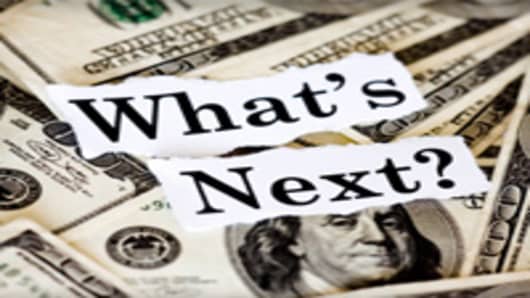Investment expert and author Stephen Leeb believes we're entering the beginning of the end when it comes to the commodities that hold our modern world together. Resources such as oil, copper and iron are being rapidly depleted -- and with the needs of developing countries, demands are only increasing.
The economic fallout from the end of technology as we know it today will be enormous, he says. Many of the resources used in manufacturing today are interconnected. Oil powers much of the world: It fuels our cars and is used in the mining of other materials -- for instance iron ore and copper, each of which is a finite resource that is vital to manufacturing. The depletion of natural resources will have a profound effect on the way things are made.
Bankrate talked to Leeb about his perspective of the world and how investors could protect themselves.
Q; You make some pretty dire predictions about natural resource shortages. Why is that, and when will they begin?
A: I think they're starting already. Oil is over $80 a barrel and you have 10 percent unemployment in the country -- you're already seeing it. With U.S. demand for energy down, energy prices -- except for natural gas, which is a domestic commodity -- have gone very high.
And the same thing is true with copper and other commodities. It's quite exceptional to see commodities rise to the extent to which they've risen. In the context of a pretty sharp recession in the developed world, I think you're already seeing this.
The tragedy of it is that we're going to see it more and more because what we haven't figured out, what has not occurred to so many people, is that the green movement or avoiding resource scarcity -- whatever motivates you -- whatever gets you to green, is necessary.
Whether you're an environmentalist or someone who's looking at peak energy or peak other things, green is an answer but green itself is very resource intensive.
That is a quandary that we haven't faced up to in any way, shape or form. We just don't get it. There are a lot of major dots that have to be connected and we haven't started that. We are really far behind.
And really far behind the Chinese, for that matter -- way, way, way behind in switching to green technology. In 2010 they're already the leading producer of hydroelectric and solar power and by 2011 will be the leading producer of wind power. They are literally outspending us on their smart grid by 200 to one. They have allocated $670 billion to their smart grid expenditures, their electric grid. We're spending about $3.5 billion.
This is not good.


